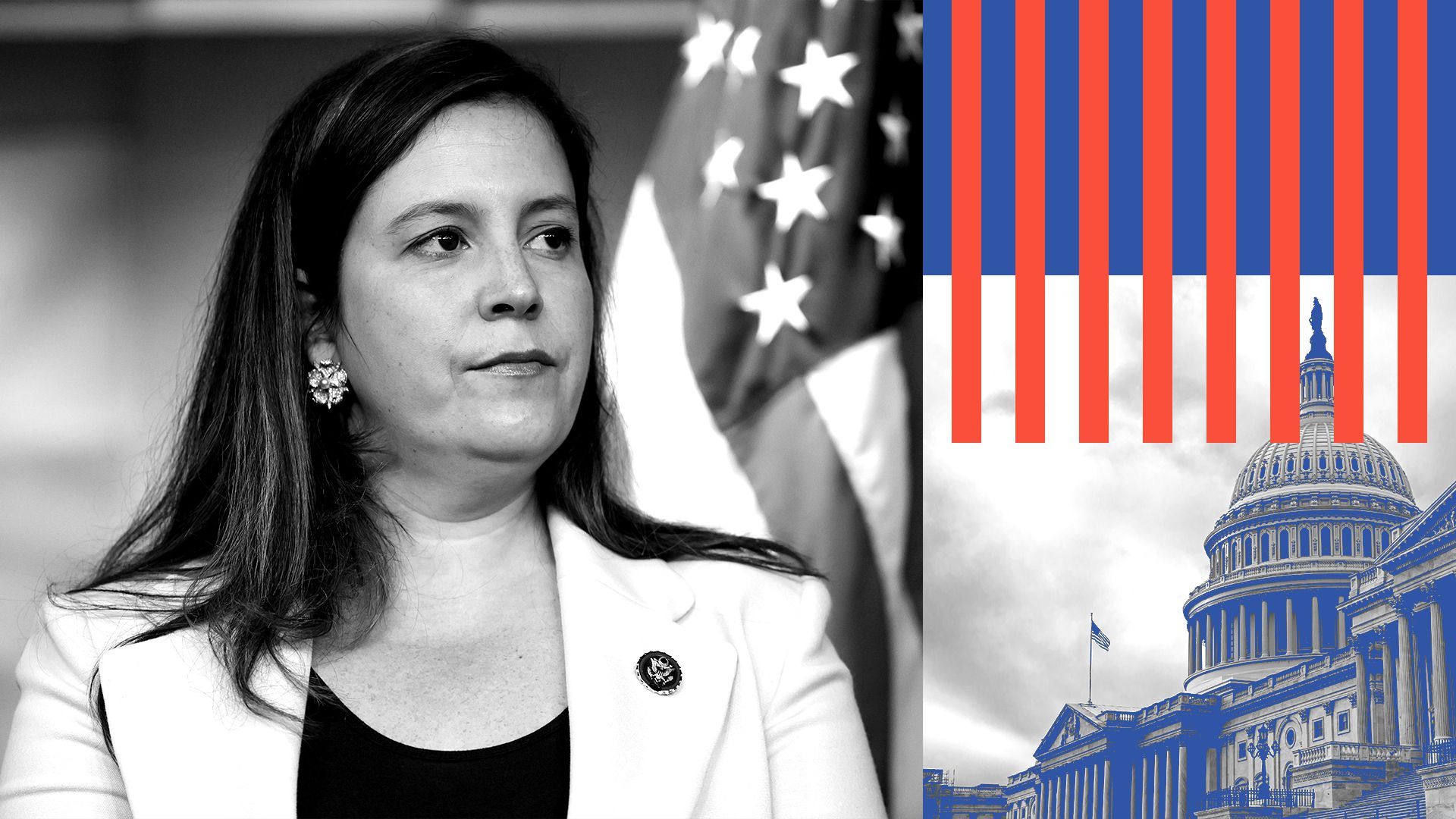Stefanik Steps Back from UN Ambassadorship to Bolster GOP’s Razor-Thin House Majority: ‘A Team Player Move’

In a strategic political maneuver, Rep. Elise Stefanik (R-N.Y.) announced her withdrawal from consideration for U.S. ambassador to the United Nations, heeding a direct request from former President Donald Trump to preserve the Republican Party’s fragile House majority. The decision, revealed Thursday, underscores the high-stakes calculus shaping the GOP’s path forward as it seeks to consolidate power ahead of a contentious election season.

A Calculated Retreat for GOP Stability
Stefanik, a staunch Trump ally and rising star in Republican leadership, confirmed her choice in an interview on Hannity, framing it as a selfless act of party unity.
“I have been proud to be a team player. The president knows that,” Stefanik said. “We are committed to delivering results on behalf of the American people… and I’m committed to delivering results on behalf of my constituents.”
Trump, who had initially floated Stefanik as a potential UN envoy following his re-election announcement, justified the reversal in a Truth Social post, emphasizing the precarious nature of the GOP’s House majority.
“As we advance our America First Agenda, it is essential that we maintain EVERY Republican Seat in Congress,” Trump wrote. “I have asked Elise, as one of my biggest Allies, to remain in Congress… With a very tight Majority, I don’t want to take a chance on anyone else running for Elise’s seat.”
The former president praised Stefanik’s loyalty and effectiveness, signaling that she could still join his administration in the future.
Behind the Scenes: Political Landmines in New York
Sources familiar with internal GOP deliberations revealed that Stefanik’s withdrawal was driven by multiple factors—chief among them, the perilously narrow Republican majority in the House. Losing her seat in a special election could jeopardize Speaker Mike Johnson’s ability to pass key legislation.
But the calculus extended beyond Washington. New York’s turbulent political landscape—where Democrats control the governorship and state election machinery—raised alarms. Stefanik herself accused Democrats of corruption, singling out Gov. Kathy Hochul for allegedly threatening to manipulate election timing to benefit her party.
“Kathy Hochul started threatening to move the ball on the election date,” Stefanik claimed. “You see a highly, highly politicized radical left trying to do everything they can to defeat the president.”
Two sources close to New York politics also pointed to disarray among local Republicans, who lacked a clear consensus on a successor—a vulnerability that could spell disaster in a special election.

Stefanik’s Next Move: A Return to Leadership
Trump confirmed that Stefanik would rejoin the House GOP leadership team, though her exact role remains unspecified.
“Speaker Johnson is thrilled!” Trump declared. “I look forward to the day when Elise is able to join my Administration in the future.”
Stefanik, for her part, vowed to remain a vocal advocate for Trump’s agenda—unshackled by the constraints of a confirmation process.
“The good news is because I am not pending confirmation, the American people will be hearing a lot more from me,” she said.
A Strategic Pause—With an Eye on the Future
While Stefanik’s withdrawal closes one chapter, it leaves open the possibility of a future administration role should Trump retake the White House. For now, her decision exemplifies the delicate balancing act facing GOP leaders as they navigate a fractured majority and an unpredictable election year.
As one senior Republican aide put it: “This wasn’t just about loyalty—it was about survival.”




